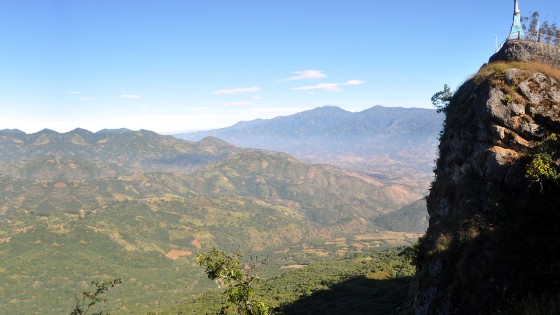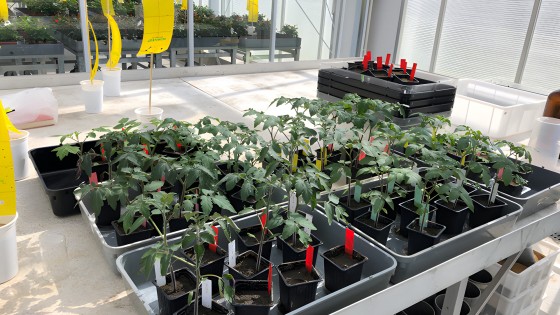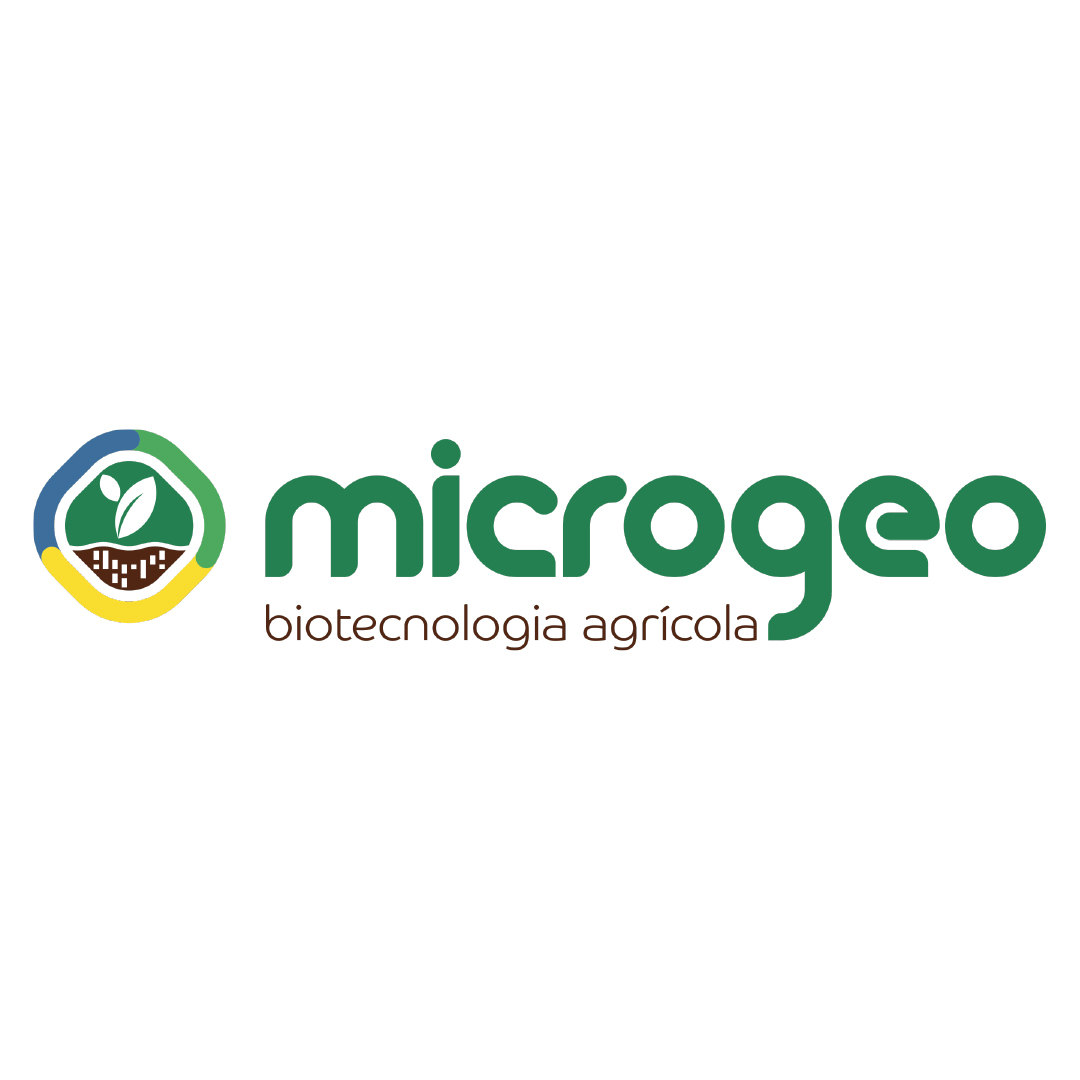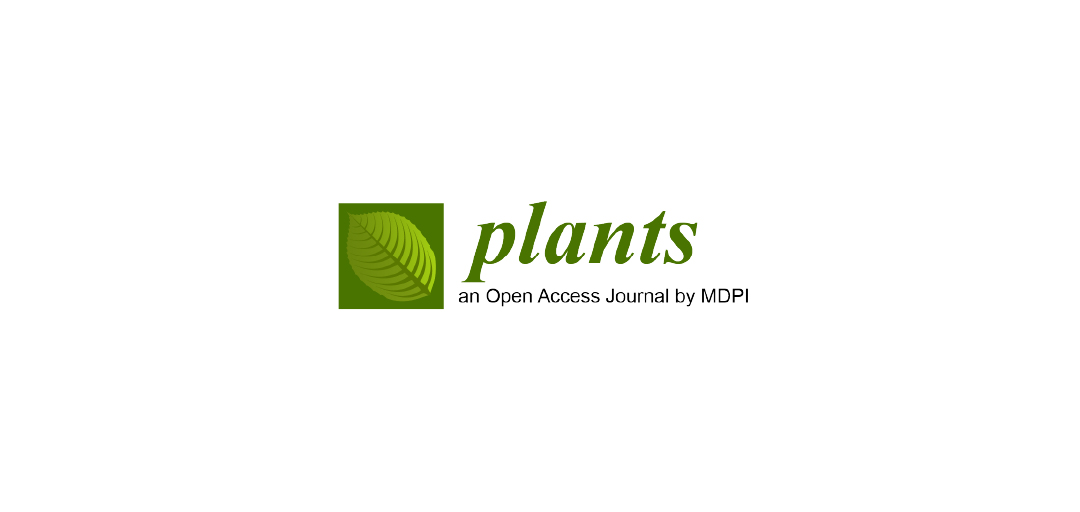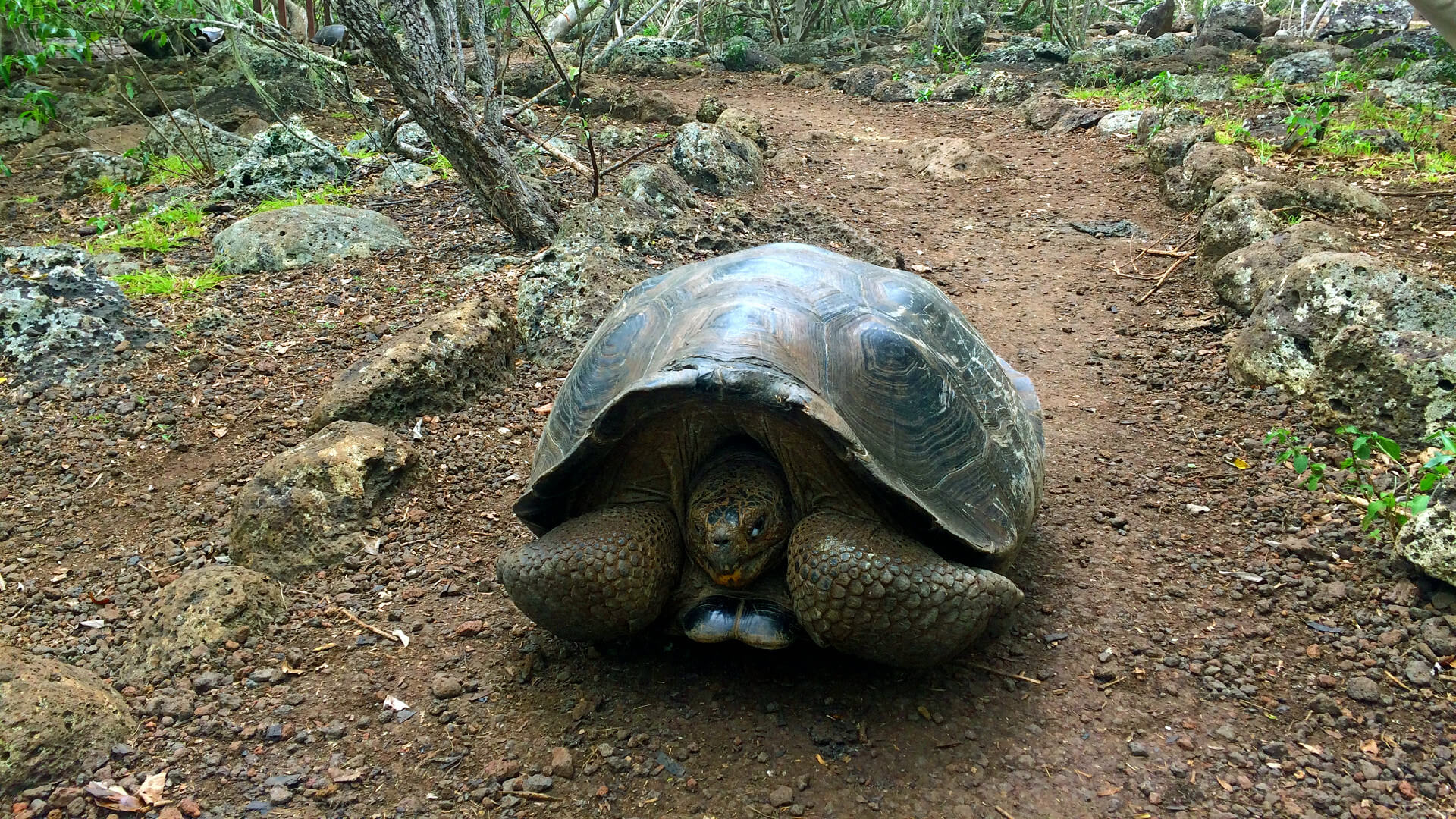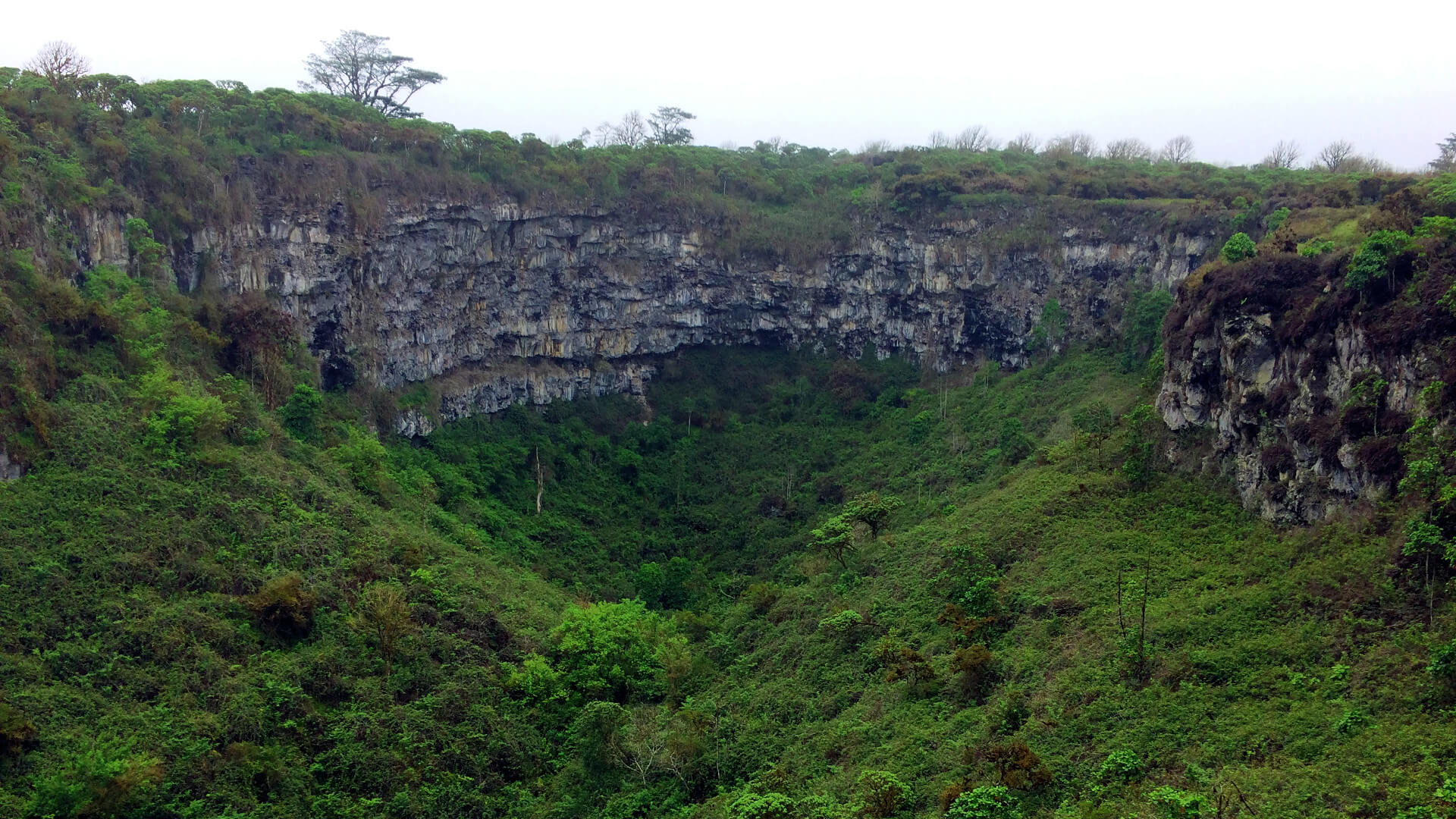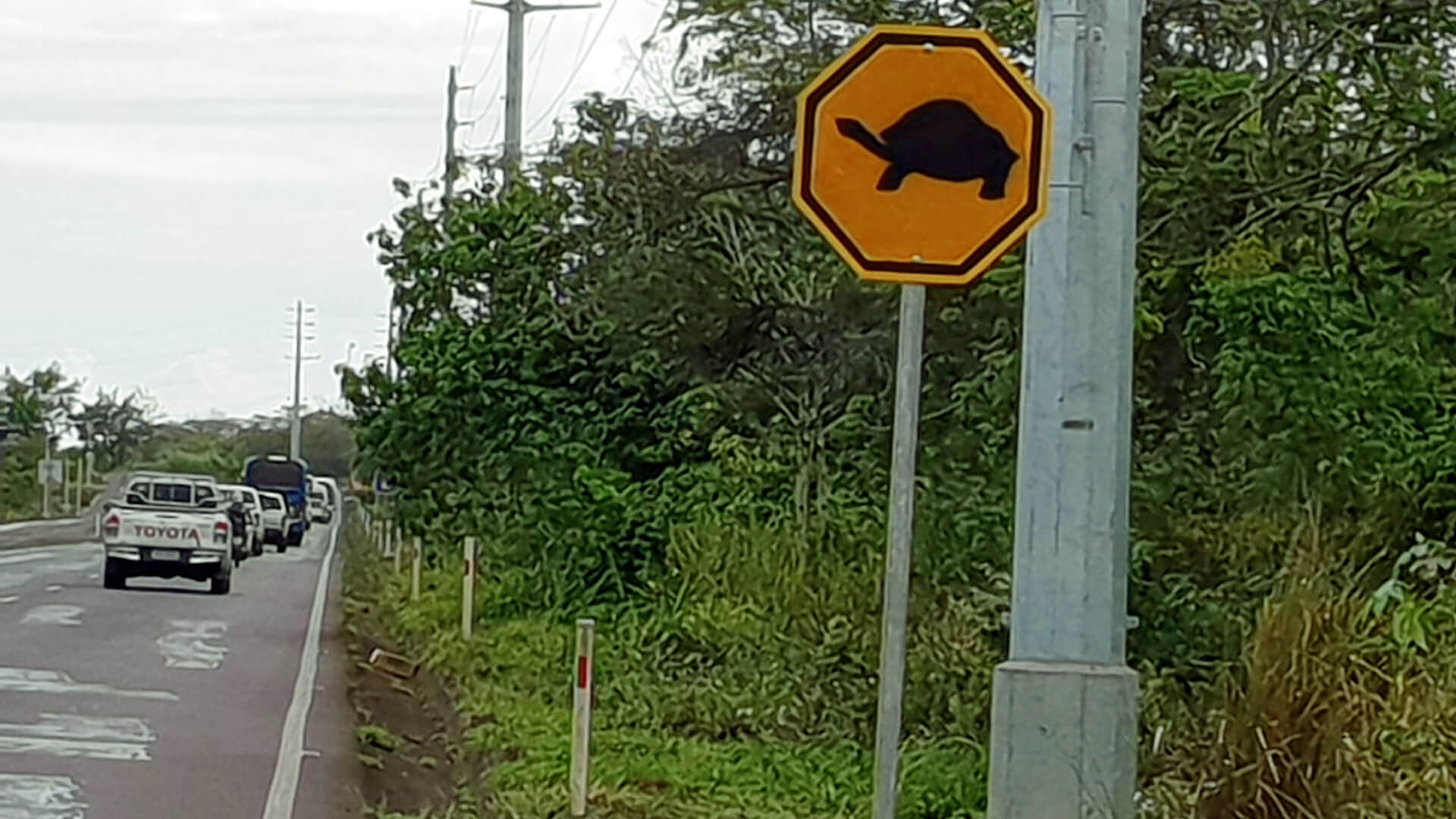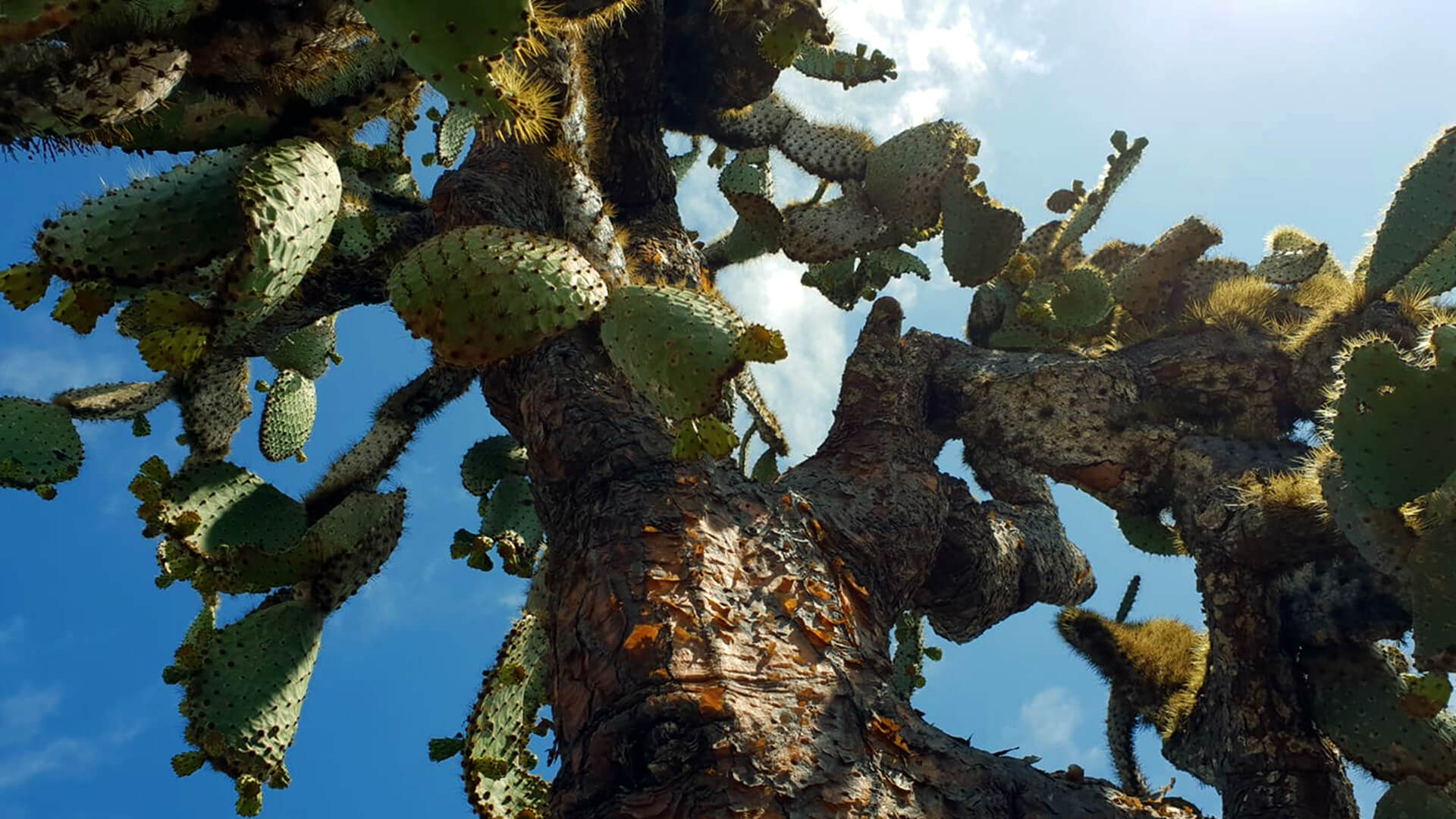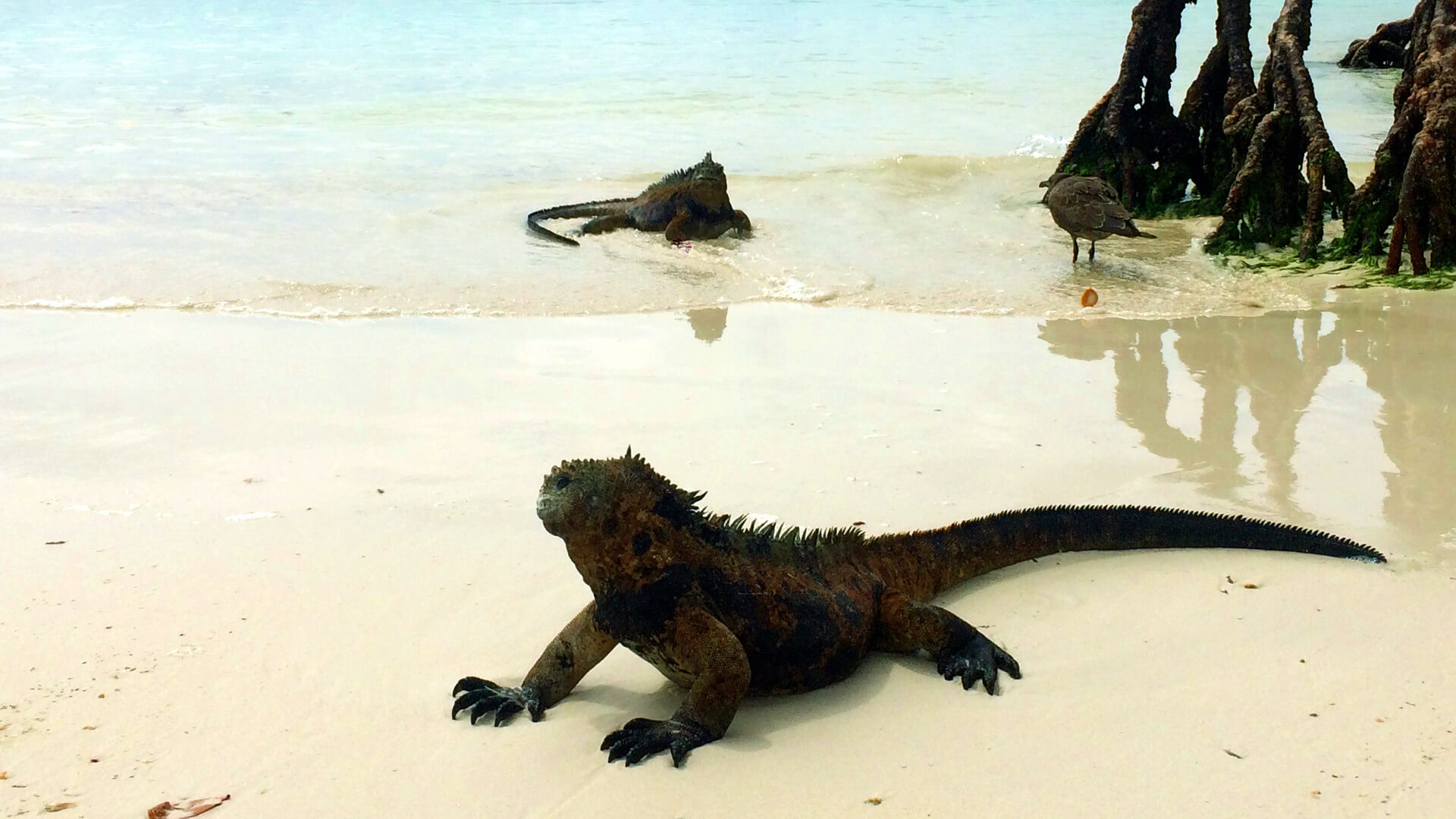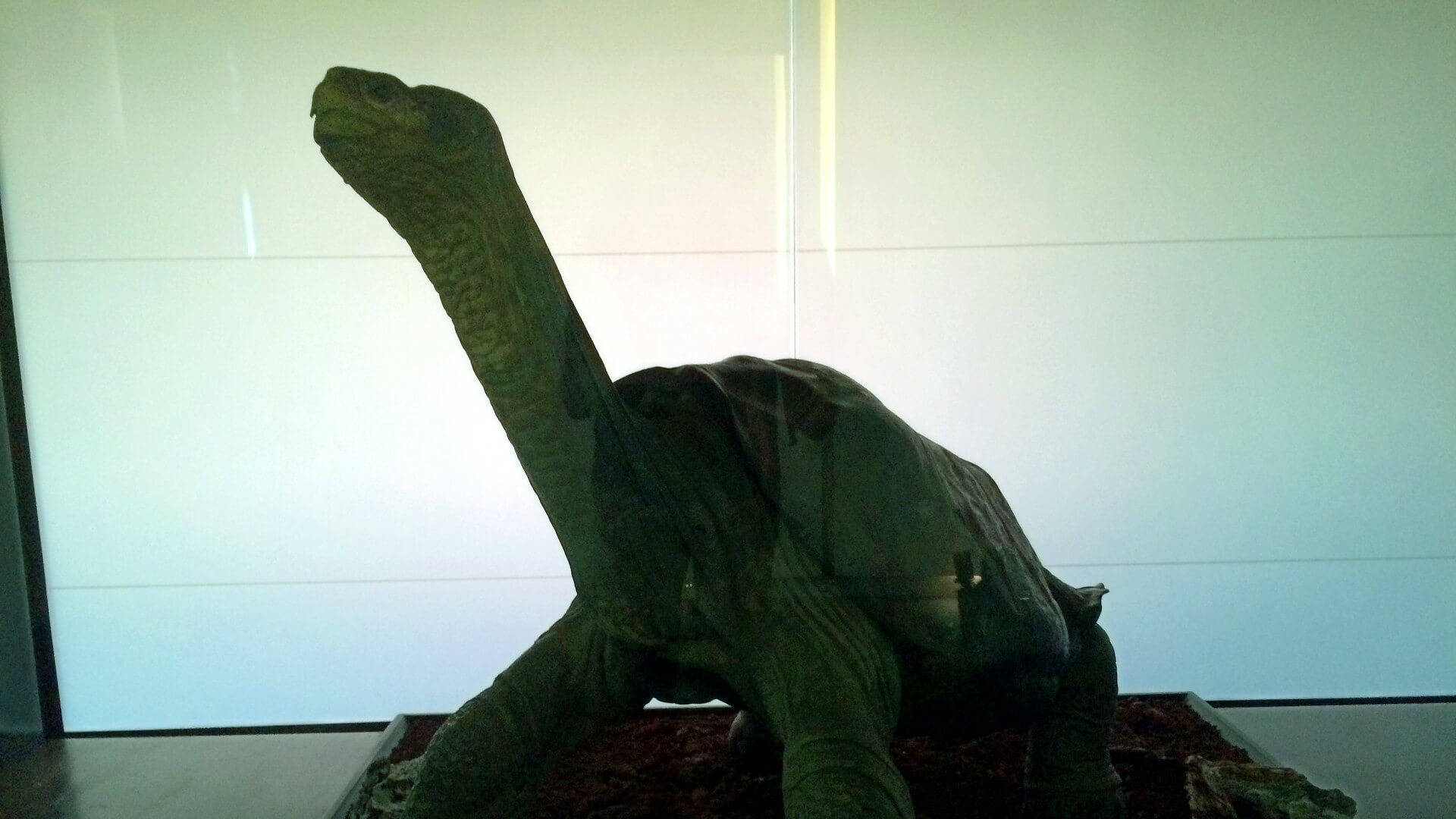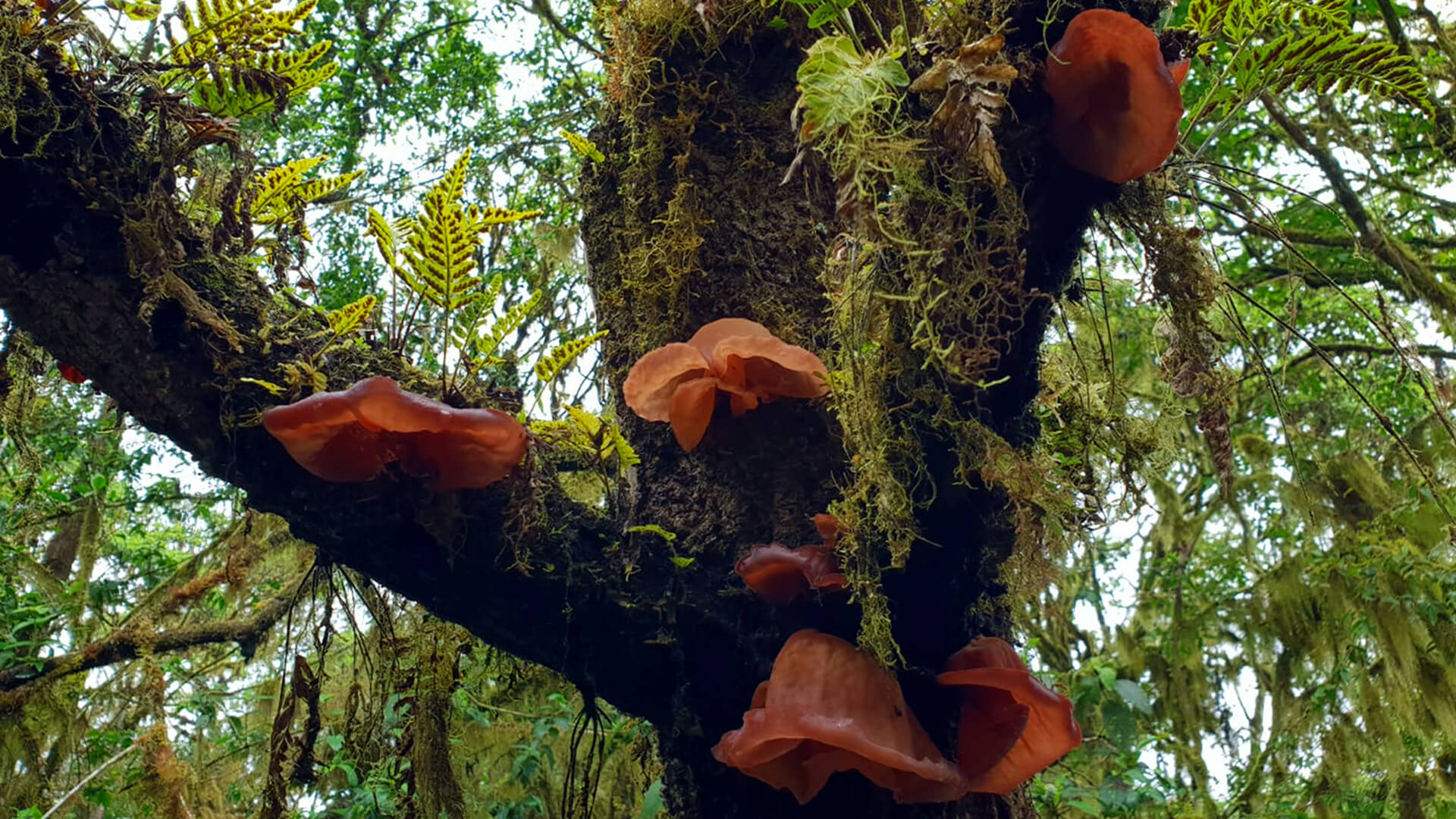4th Plant Microbiome Symposium 2023
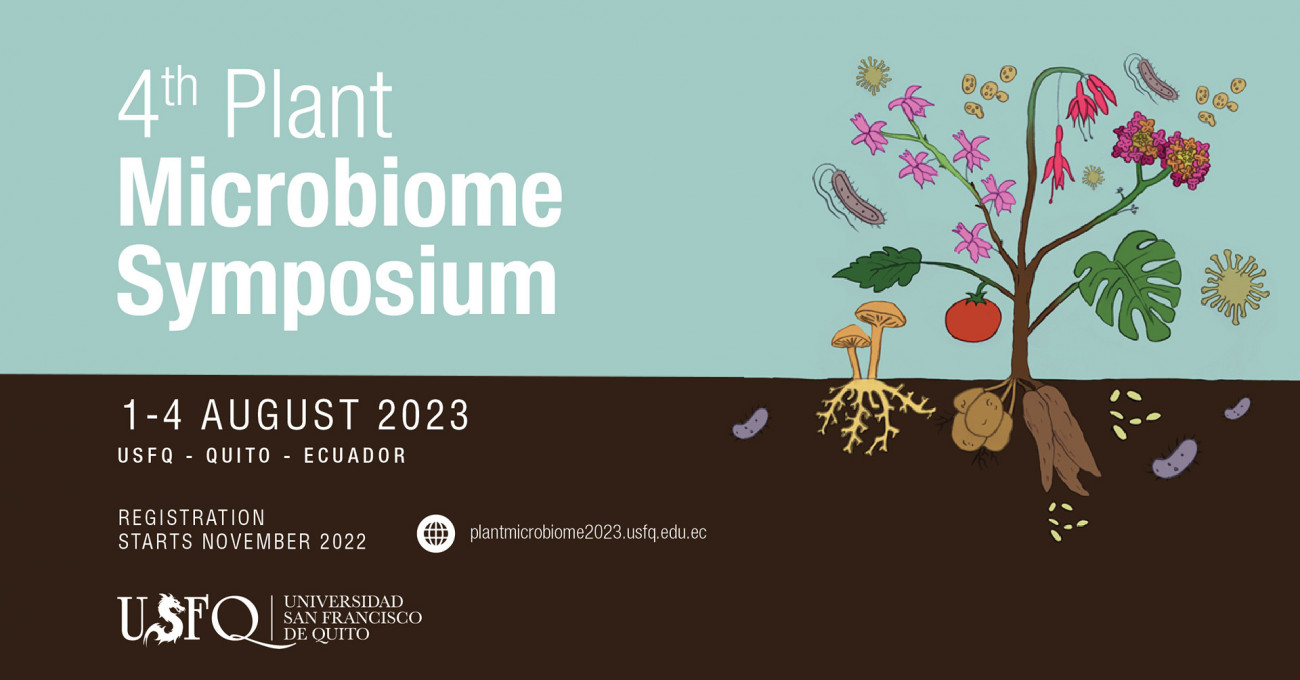
As host of the 4th Plant Microbiome Symposium, Universidad San Francisco de Quito (USFQ) cordially invites academics, professionals, and stakeholders to visit Quito, Ecuador, from August 1st to August 4th, 2023. The 4th Plant Microbiome Symposium would be next year’s premier opportunity to connect with plant-microbiome colleagues from all over the world, and to participate in sessions with outstanding keynote speakers and offered presentations revolving around the latest advances in for instance plant-microbe interactions, plant-microbiome communication and assembly, microbiome-related plant physiology, and translational application. We welcome you to take advantage of preconference workshops, multiple networking events, poster fairs, and receptions in our outstanding on-campus USFQ conference and exhibition facilities.
Keynote & Invited Speakers
Keynote Speakers
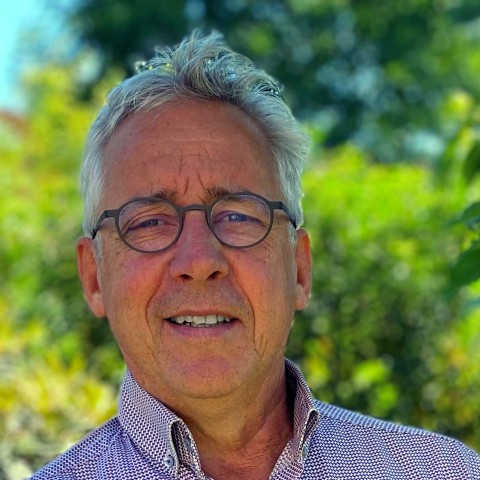
Jos Raaijmakers
Netherlands Institute of Ecology (NIOO-KNAW)
Leiden University
The Netherlands

Corne Pieterse
Utrecht University
The Netherlands

Britt Koskella
University of California, Berkeley
United States of America
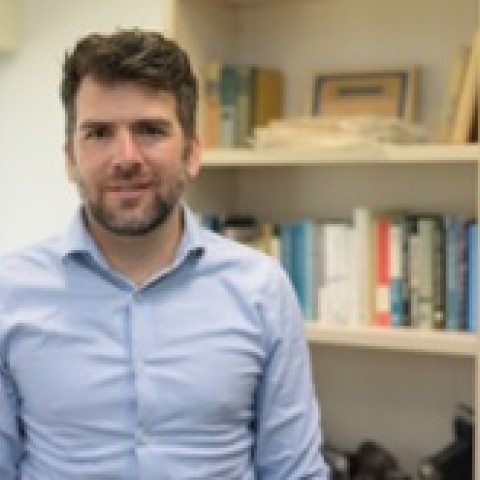
Omri Finkel
The Hebrew University of Jerusalem
Israel

Joana Falcao Salles
University of Groningen
The Netherlands

Philip Poole
University of Oxford
United Kingdom

Mark Liles
University of Auburn
United States of America
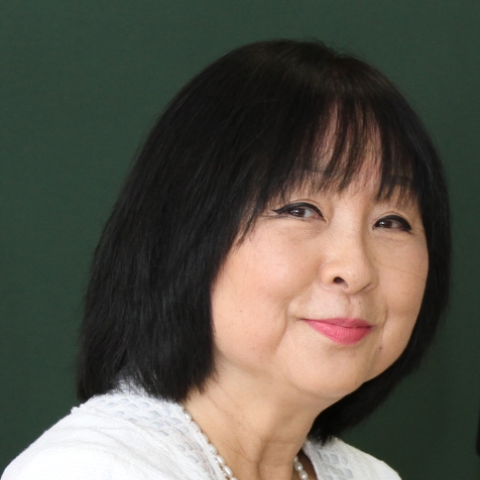
Tsai Siu Mui
University of Sao Paulo
Brasil

Gilles van Wezel
Leiden University
The Netherlands
Invited Speakers

Chunxu Song
China Agricultural University (CAU)
China

Mario Serrano
Universidad Nacional Autónoma de México
México

Viviane Cordovez
Netherlands Institute of Ecology (NIOO-KNAW)
The Netherlands

Jessica Duchicela
Universidad de las Fuerzas Armadas (ESPE)
Ecuador

Rodrigo Mendes
EMBRAPA Environment
Brazil

George Kowalchuk
Utrecht University
The Netherlands

David Johnston-Monjo
Universidad del Valle
Colombia

Stephen Sherwood
Research in Knowledge, Technology, and Innovation
Fundacion EkoRural (Ecuador)
Wageningen University (The Netherlands)
Our Sponsors
Organized by
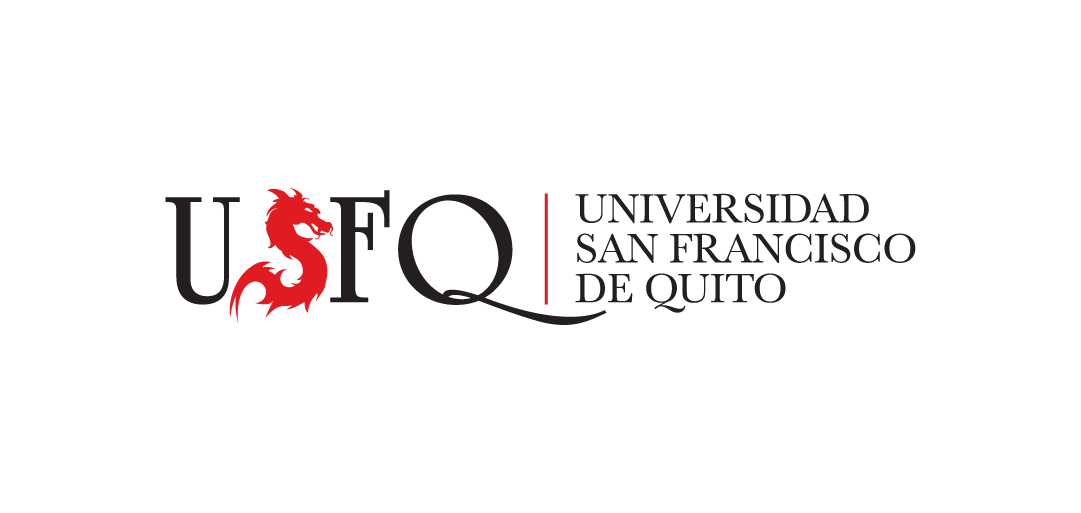
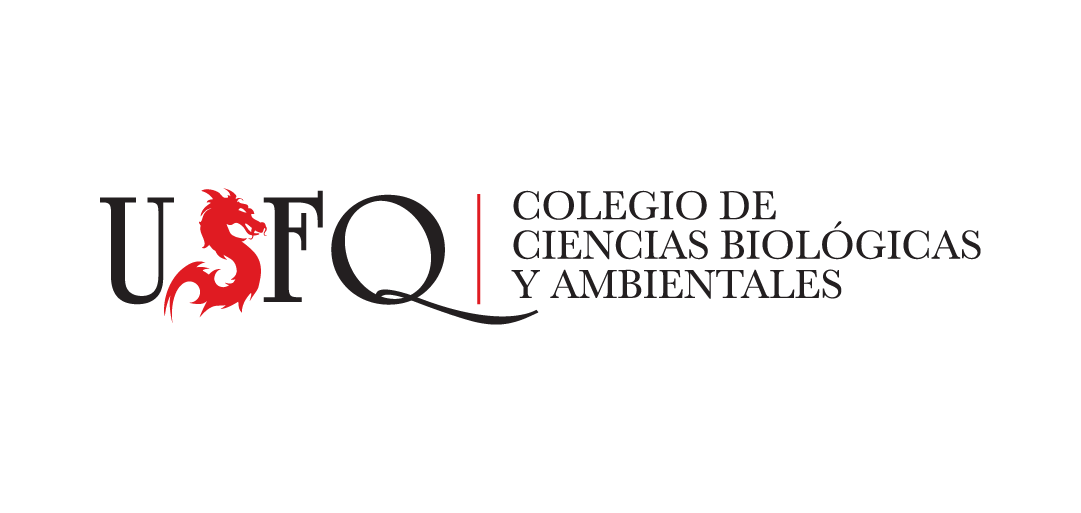
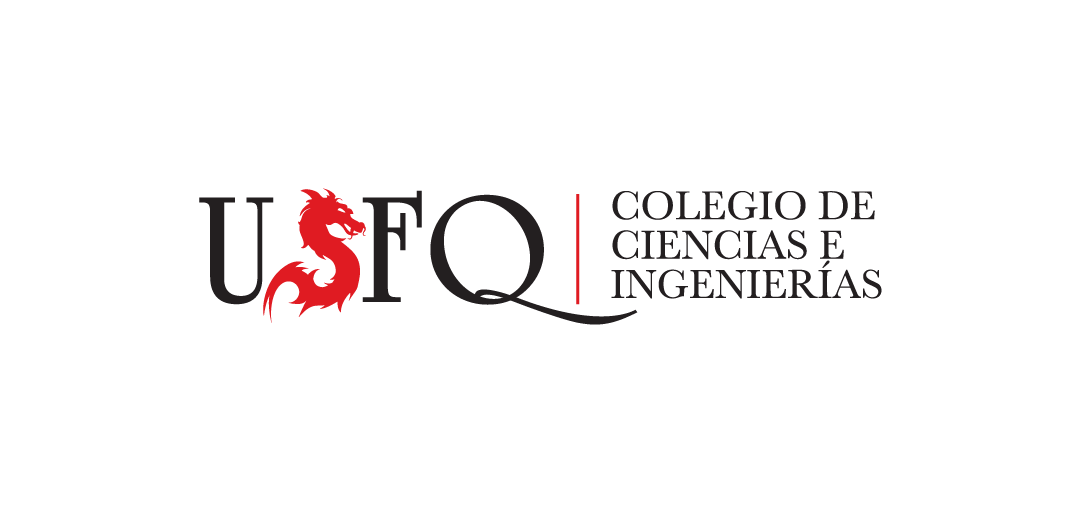
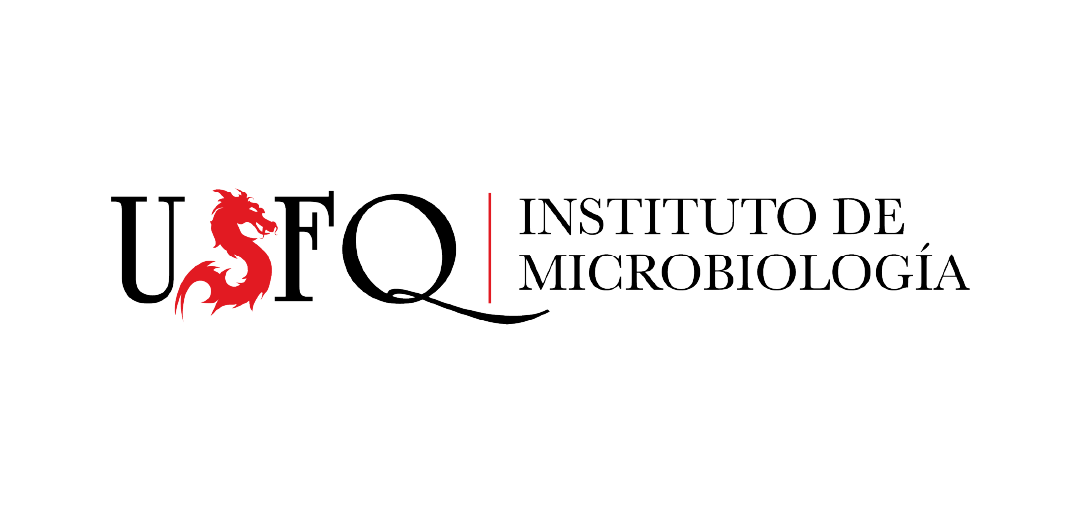
The 4th Plant Microbiome Symposium would like thank our sponsors for their generous support and for their partnership to contribute to the success of our conference:
Main Sponsors
Sponsors
Conference Program
The conference is fully on-site and takes place from August 1-4, 2023, at the Cumbayá Campus of Universidad San Francisco de Quito - USFQ, in Quito, Ecuador.
We organize a fabulous 4-day scientific program which includes plant-microbiome presentations from projects around the globe!
This 4th edition of the Plant Microbiome Symposium features 7 scientific sessions with keynote speaker lectures, invited speaker talks, and selected oral presentations, giving participants access to a wide range of themes related to plant microbiome topics.
A poster session introduces an alternative forum for interaction with the wider research community and will include ample time for discussion and informal interactions between junior and senior researchers and delegates from the industry from all over the world, to ensure a lively exchange of ideas.
The social confence program will include a small icebreaker event, a welcome reception coinciding with the poster session, a guided city tour to the historic centre of Quito, and a social evening dinner. All these moments provide an opportunity for attendees to make and renew acquaintances in a relaxed setting.
Please download the exciting 4th Plant Microbiome Symposium 2023 program here
Contact:
In case of any questions regarding the conference program, do not hesitate to contact the organizing committee, by sending an e-mail to: PlantMicrobiome2023@usfq.edu.ec
Registration
The 4th Plant Microbiome Symposium 2023 registration is open!
The conference is fully on-site, and takes place August 1-4. 2023 at the Cumbayá Campus of Universidad San Francisco de Quito - USFQ, in Quito, Ecuador.
We are happy to see many new registrations. To secure your attendance, please register as soon as possible. Registration close at 300 participants.
Participation fees:
There are two types of Full Registration, each with a different deadline: Early Bird, and Regular.
Registration Fees (in US $) and Deadlines
| Student | Academic/Non Profit | Industry | |
|---|---|---|---|
| Early Bird Closes April 1st, 2023 |
300 | 450 | 600 |
| Regular Closes July 30th, 2023 |
375 | 550 | 750 |
Full registration includes the following:
- Access to all lectures, discussions, and poster sessions
- Program Booklet
- Free Wi-Fi during the conference
- Monday Small Icebreaker event
- Morning coffee breaks
- Lunches
- Afternoon coffee breaks
- Excursion off-campus (Thursday afternoon)
- Social dinner (Thursday evening)
- Official participation certificate (post-conference)
Registration
The Registration Portal to participate in the 4th Plant Microbiome Symposium 2023 is now open!
Participation policy and rules of conduct
- The organizing committee of the 4th Plant Microbiome Symposium encourages open discussion on social media (Twitter, Facebook, etc.) and blogging platforms during the Conference.
- The participants and presenters are allowed and encouraged to oral presentations on social media. Be sure to include the official hashtag, #PlantMicrobiome2023 when sharing photos or other snippets of your time at the conference on Twitter and elsewhere on social media.
- By participating in the conference, the presenter acknowledges and agrees that their presentation slides may be photographed and shared on social media by other attendees. Should they wish to not share their presentation with outside audiences, the author should clearly mention this in the first slide of his/her oral presentation, or poster.
Cancelation Policy
Registration fees will only be refunded if the notice of cancellation is received by the 4th Plant Microbiome organising team before May 31, 2023.
The cancellation fee is $90.
Cancellations after this date and no-shows are not eligible for a refund.
Contact
In case of any questions regarding the registration process, do not hesitate to contact the organizing committee, by sending an e-mail to PlantMicrobiome2023@usfq.edu.ec
Call for Abstracts
Abstract submission closed
Abstract submission for oral presentations at the 4th Plant Microbiome Symposium in Quito, Ecuador, is now closed.
Abstracts are now being reviewed by the session leaders and the results of the abstract submissions will be available soon. Check your emails!
If you are interested in presenting the results of your research in the form of a poster at the 4th Plant Microbiome Symposium, please reach out by e-mail to the local organizing committee: plantmicrobiome2023@usfq.edu.ec
Conference Scholarship Awards
The application process for the Conference Scholarship Awards for the 4th Plant Microbiome Symposium in Quito, Ecuador, is now closed.
The winners of this year's awards have been notified by e-mail and on behalf of the organizing committee we congratulate all awardees with your 100% registration fee waiver to participate at the 4th Plant Microbiome Symposium.
An award recognition session will be held at the Symposium.
Accomodation and Visa requirements
HOTEL RESERVATIONS:
The local organizing committee of the 4th Plant Microbiome Symposium recommends the following partner hotels of Universidad San Francisco de Quito – USFQ:
Hotel Ibis Quito
- Website: https://hotelibisquito.com-hotel.com/en/
- Location: Quito
- Approximate fees:
Single Room: $55.00 plus taxes, includes buffet breakfast.
Double Room: $60.00 plus taxes, includes buffet breakfast. - Reservation process:
Participants must send an email to reservaciones.uio@ibisecuador.com copying it to ventas.quito@accor.com indicating that they are participants of the USFQ Microbiome Symposium.
Hotel Dann Carlton
- Website: https://hotelesdann.com/dann-carlton-quito/en/
- Location: Quito
- Approximate fees:
Single Room: $75.00 plus taxes, includes buffet breakfast.
Double Room: $85.00 plus taxes, includes buffet breakfast. - Reservation process:
Participants must send an email to reservas@danncarltonquito.com copying it to ventas1@danncarltonquito.com indicating that they are participants of the USFQ Microbiome Symposium.
Swissotel Quito
- Website: https://www.swissotel.com/hotels/quito/
- Location: Quito
- Approximate fees:
Single Room: $95.00 plus taxes, includes buffet breakfast.
Double Room: $115.00 plus taxes, includes buffet breakfast. - Reservation process:
Participants must make their reservation at the following link: https://www.swissotelquito.com/simposiomicrobiomasusfq
Casa Ilayaku
- Website: https://www.casailayaku.com/
- Location: Valle Cumbaya
- Approximate fees:
Single Room: $60 plus taxes, includes buffet breakfast.
Double Room: $85 plus taxes, includes buffet breakfast. - Reservation process:
Participants must send an email to casailayaku@gmail.com copying it to macastroch@yahoo.com indicating that they are participants of the USFQ Microbiome Symposium.
VISA REQUIREMENTS:
Ecuador welcomes visitors from most countries for 90 days, issuing a T3 visa stamp on arrival. There is no visa requirement for most foreign visitors who carry passports with at least six months’ validity from their entry date.
LATAM Region:
Except for Venezuelans, South American nationals may enter Ecuador with a cédula (national ID card); a passport isn’t necessary.
CURRENT COUNTRIES WITH VISA REQUIREMENTS:
For citizens from the following countries, visa requirements currently apply: Afghanistan, Angola, Bangladesh, Cameroon, Cuba, Egypt, Eritrea, Ethiopia, Philippines, Gambia, Ghana, Guinea, Kenya, India, Iraq, Iran, Libya, Nigeria, Pakistan, Nepal, Democratic Republic of Congo, Democratic People's Republic of Korea, Senegal, Syria, Sri Lanka, Somalia, Venezuela, Vietnam, Yemen, Haiti, Republic of Congo, Mali, Ivory Coast and Myanmar.
Visitors from these nations must submit a visa application, a valid passport, at least one passport photo, an onward ticket and travel insurance. For current requirements, visa applicants should contact the Ecuadorian embassy in their home country.
If you need to apply for a tourist visa to attend the 4th Plant Microbiome Symposium, you are advised to apply for your visa as soon as possible and no later than 3-4 months in advance. All applicants must be able to qualify for a visa on their own merits. Please visit the Ecuadorian Visa website for official, up-to-date information.
If you have additional questions, please contact the local organizing committee: plantmicrobiome2023@usfq.edu.ec
Visit Quito
Quito, the capital of Ecuador also known as the "Face of God", is located on the slopes of the Pichincha volcano. Declared by UNESCO as the First Cultural Heritage of Humanity, Quito offers a unique experience for those who visit it. From various perspectives, Quito is a charm composed of mountains and volcanoes, ancient streets decorated by flowery balconies with bohemian airs, the Compania Church with gold treasures, El Panecillo that offers a panoramic view of the city’s center; and the Middle of the World City that offers travellers to step into the two hemispheres with both legs.
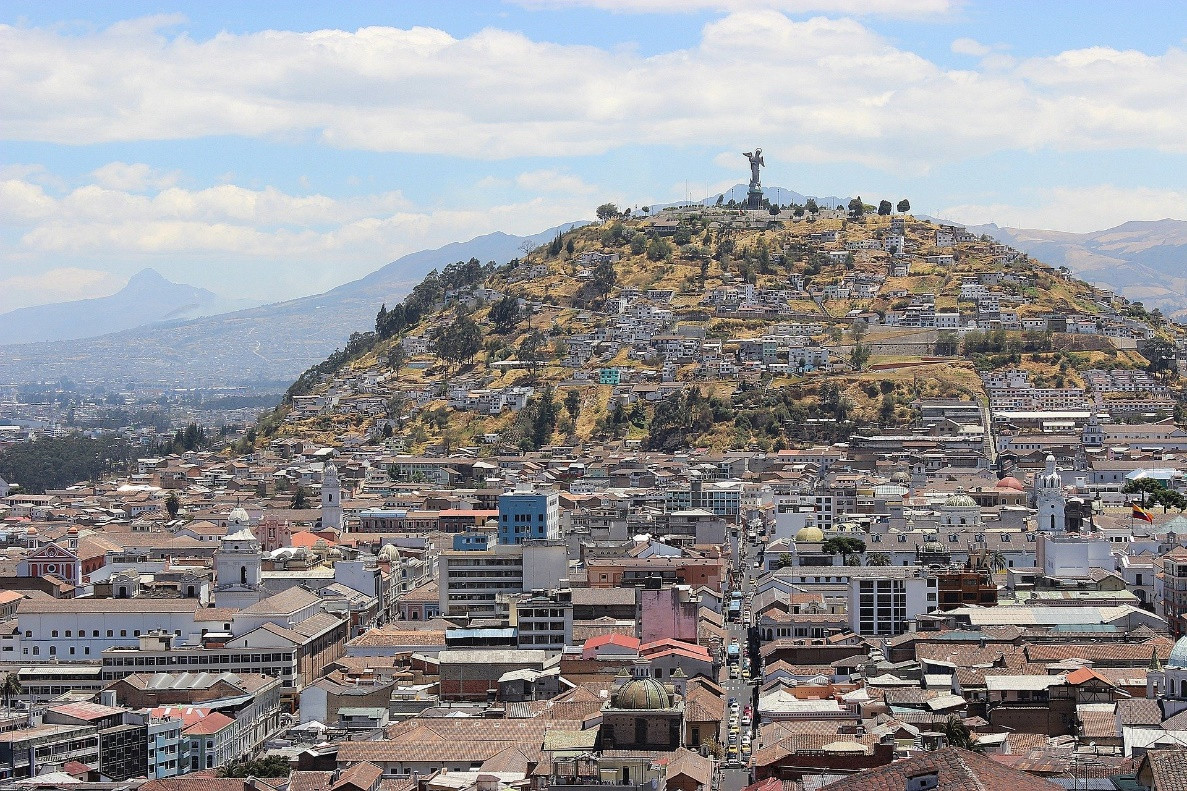
Quito’s Historic Center
The Historic Center located in the Southern center of the city of Quito is considered the best-preserved historical complex and one of the most important in South America. Known for its cultural, historical, and architectural richness, the historic center has the magic of allowing its visitors to visit the past, as you walk through its cobblestone streets and sidewalks. Musea, theaters, churches, and other buildings dating back to the 16th century, plazas, and street artists make the capital's Historic Center a must-see. Among the main attractions of downtown Quito are El Panecillo, La Ronda, La Plaza de la Independencia, and La Compañía.
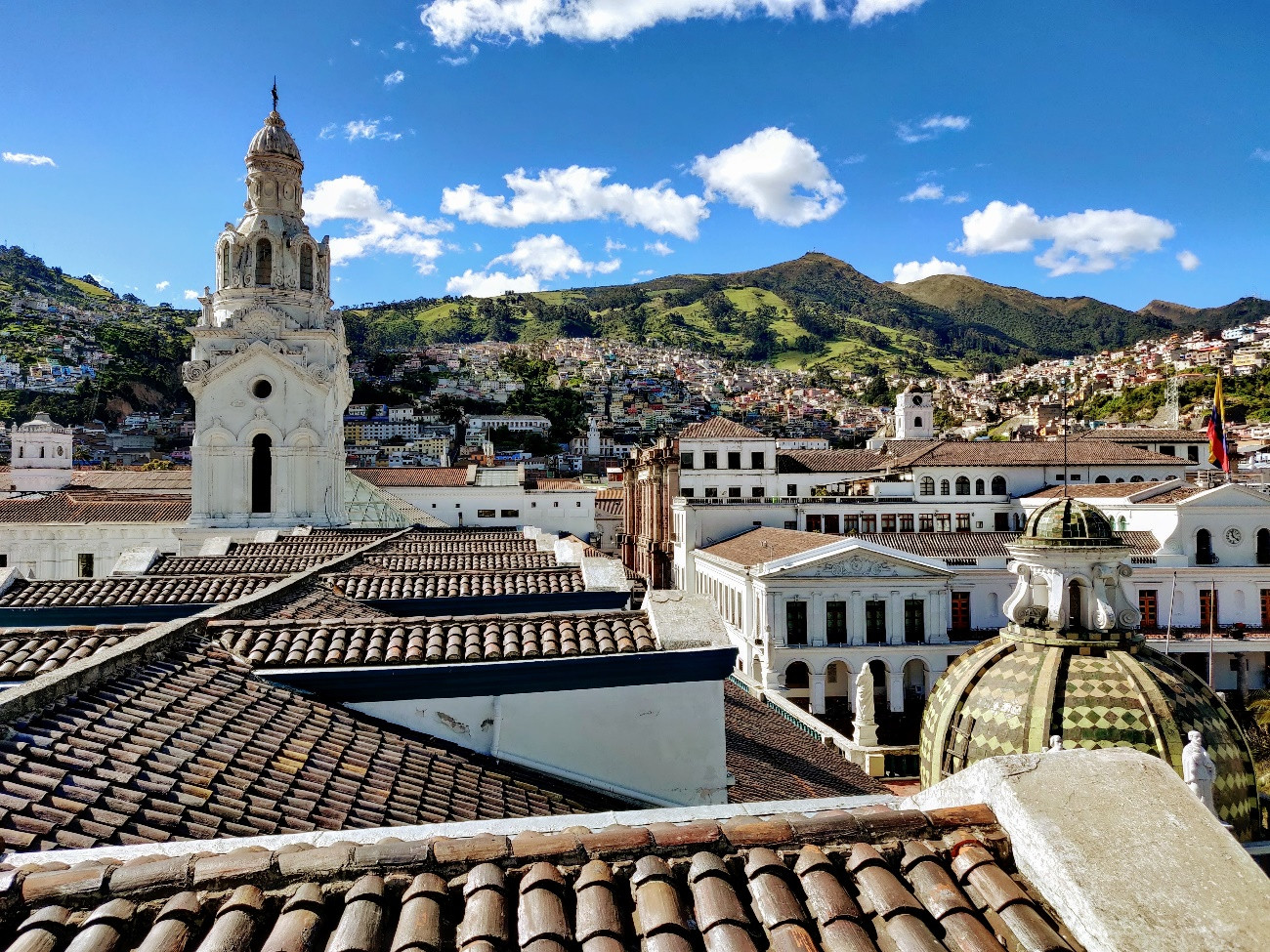
For more information about Quito:
Visit the website: https://visitquito.ec/
Video Quito | Expedia: https://www.youtube.com/watch?v=YvjDH8ElY2g
Visit Tiputini Biodiversity Station
Located in the Amazon region of Ecuador, the Tiputini Biodiversity Station (TBS) is a biological field station established in 1994 by the Universidad San Francisco de Quito in collaboration with Boston University. Situated on the north bank of the Tiputini River in front of Yasuní National Park, it is home to South America's widest variety of plants, animals, and insects. The main activities of the TBS are associated with research and education, whose main objective is based on the understanding of nature to implement appropriate and effective conservation strategies.
For more information about Tiputini:
Visit the official website: www.tiputini.com
Video Tiputini: https://www.youtube.com/watch?v=tepHWVixv8g
Email: reservastbs@usfq.edu.ec
Unique Opportunity
As participants of the 4th Plant Microbiome Symposium, you will have the unique opportunity to visit the Tiputini Biodiversity Station before or after our conference.
Potential traveling dates are:
Monday 24th of July 2023 until Friday 28th of July 2023
Friday 28th of July 2023 to Monday 31st of July 2023
Monday 7th of August 2023 until Friday 11th of August 2023
Please contact the Tiputini Team in case of questions or request availability: tbs@usfq.edu.ec
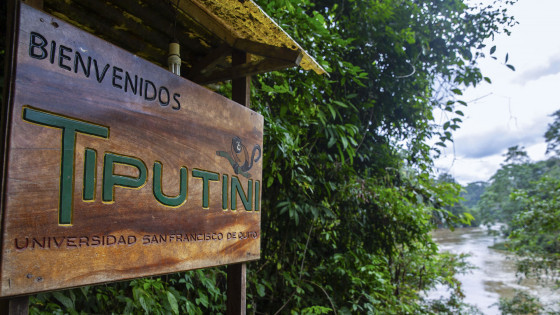
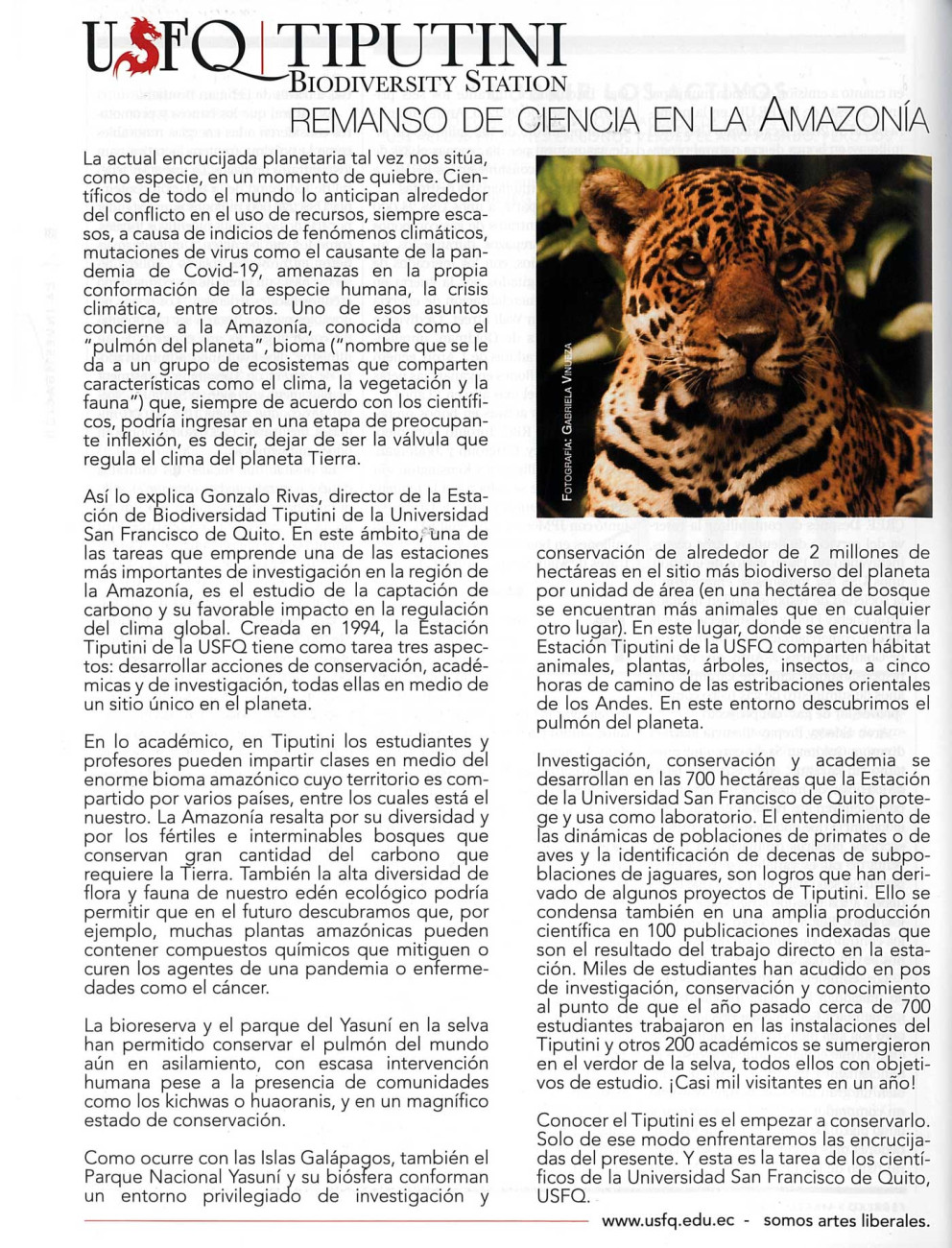
Visit the Galapagos Islands
The Galapagos Islands are an archipelago in the Pacific Ocean located 972 km off the coast of Ecuador. There are 13 large islands, 6 medium islands and around 215 smaller islets. The Galapagos Islands are the second largest marine reserve on the planet and were declared a World Heritage Site in 1978 by UNESCO. The Galapagos are known for their numerous endemic species and for the studies of Charles Darwin that led him to establish his theory of evolution by natural selection.
They are called, touristically, the Enchanted Islands, a name that the archipelago earned in the 16th century for its peculiar biodiversity of flora and fauna, inheriting the name for generations. The region was the habitat of Lonesome George, the last specimen of the Pinta giant tortoise race, which became extinct on June 24, 2012. The islands are also home to species like sea turtles, iguanas, lizards, flightless cormorants, albatrosses, sea lions and Galapagos penguins.
The Galapagos Islands are known worldwide as a natural laboratory and are a desired tourist attraction for its natural beauty. Some of the places which are high on tourist’s whislists while visiting the Galapagos Islands are: Tortuga Bay on Santa Cruz Island, Los Túneles on Isabela Island, León Dormido and La Lobería on San Cristóbal Island, Gardner Bay on Española Island, Punta Espinoza on Isla Fernandina and Sullivan Bay on Santiago Island.
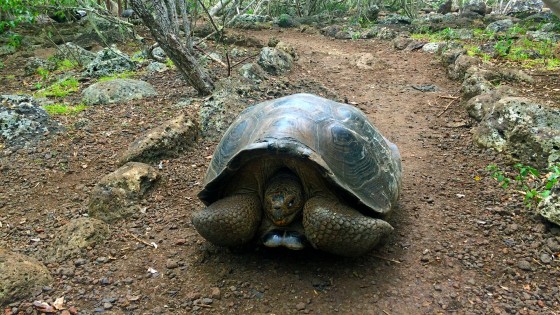
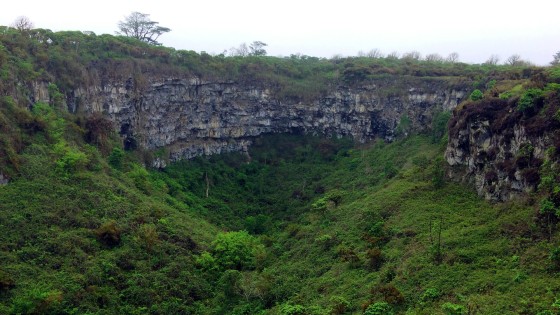
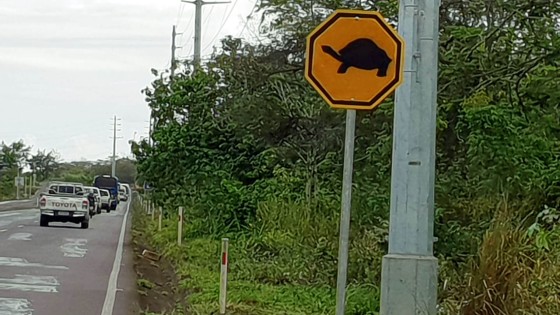
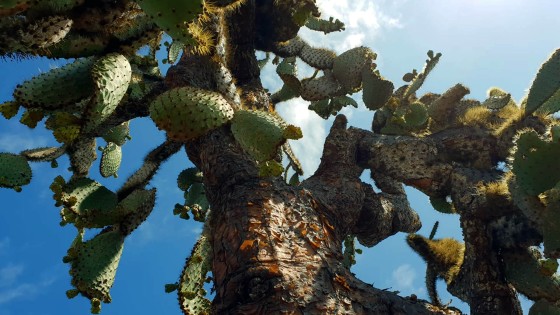

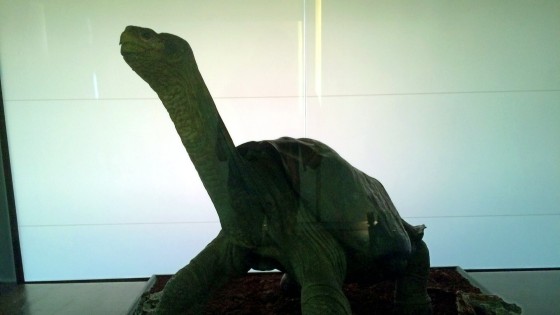
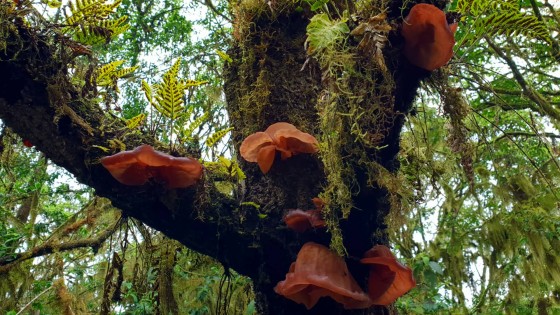
Our sustainability pledge
Universidad San Francisco de Quito (USFQ) is committed to sustainable development and resource efficiency within our campus and operations. The Office of Innovation and Sustainability at USFQ was created in 2014 to develop and promote sustainable strategies that allow the growth and advancement of USFQ to be in harmony with society, the environment, and the economy. Currently, USFQ is characterized as a sustainable living-laboratory that drives responsible behavior among young adults, who in the future will be the leaders of our communities.
What we do:
- Develop programs and projects ranging from events and courses to research projects on sustainability and innovation
- Enhance the university’s position as a role model in sustainability through optimizing operations and implementing programs to reduce the university’s footprint.
- Promote collaboration between academia, public and private companies, and the internal and external community for projects in innovation and sustainability.
We currently hold the gold STARS1 rating, validating our institution´s commitments to continually improve our sustainability performance.
If you want to learn more about our sustainability activities, please click here.
The 4th Plant Microbiome Symposium has subscribed to USFQ`s Event Sustainability Pledge, committing to implement the actions detailed in the following check list to encourage the application of sustainability best practices.
Conference logo explanation
The image of the 4th Plant Microbiome Symposium consists of an imaginary plant consisting of tissues of emblematic Ecuadorian and/or South American plants from different Bioregions like the Amazon rainforest or the Andean highlands.
The conference logo has been created by Paula Hinojosa, an upcoming visual artist from Quito, Ecuador. Paula wrote a poem explaining the creative process of the conference logo:
“Imaginando lo que no conozco,
e intentando entender eso que no veo.
Entrelazando seres que, aunque se parecen,
No terminan de corresponder.
Trazando una consciencia abstracta,
Para queme acompañes en este mundo invisible,
Que nos presta todo para aprender.”
“Imagining what I don't know,
and trying to understand what I don't see.
Intertwining beings that, although they look alike, they don't quite match.
Tracing an abstract consciousness,
so that you accompany me in this invisible world,
that lends us everything to learn.”
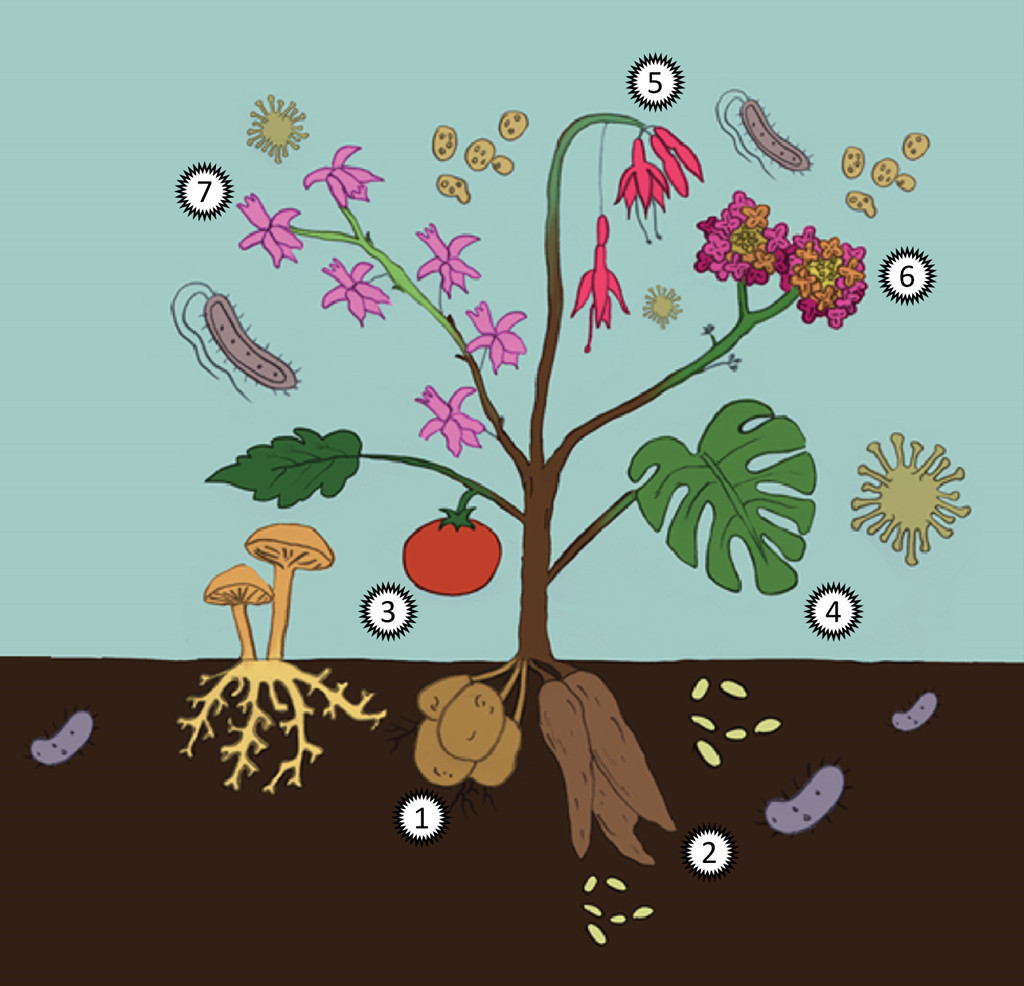
DESCRIPTIONS - EMBLEMATIC PLANT SPECIES LOGO
- Potato / Potato (Solanum tuberosum)
Potato is a tuber-forming plant belonging to the Solanaceae family. Its origin has previously been pinpointed to 2 different centres of origin within South America: Peru and Bolivia and southern Chile but spread throughout the South American continent and was later brought to Europe by the Spanish conquerors as a botanical curiosity. Its consumption and production spread throughout the world and nowadays is one of the main crops produced globally. Potato is one of the most important crops especially in the inter-Andean region, constituting one of the most nutritious vegetable sources, because its carbohydrate and protein content is much higher compared to cereals, roots, and other tubers.
In Ecuador alone, it is estimated that there are around 350 different potato varieties in a multitude of shapes, colours, and sizes. Most of the native potatoes are cultivated above 3000 m altitude and are highly valued for their organoleptic and agricultural properties, besides their significance in socio-cultural traditions.
- Cassava (Manihot esculenta)
Cassava belongs to the Euphorbiaceae family and is native to the American Tropics. Its distribution extends from Arizona, United States, to the La Plata basin in Argentina. Cassava farming is of great importance for food security, especially in regions which encounter drought, or have arid soils. It is known as the fourth commodity after rice, wheat and maize and is a staple in the diet of more than 1 billion people. Its main characteristics include its great potential for starch production, its tolerance to drought and degraded soils, and its great flexibility in planting and harvesting, adapting to different growing conditions.
In Ecuador, cassava has a very important tradition. The indigenous people used it before the conquest of America for fresh consumption and processed it to make starches (tapioco, semolina), flour (casabe, bread or tortilla) and chicha, which is used as food or alcoholic drink (masato). Chicha is traditional among the inhabitants of the Amazon and the Andes.
- Tomato (Solanum lycopersicum)
Tomato is another important member of the Solanaceae family, and is native to Western South America, specifically to the Andes region, in a wide area from Ecuador to Chile and Bolivia, and its cultivation spread throughout Central America and present-day Mexico until it reached Europe and the rest of the world. The tomato is the most widespread vegetable in the world and the one with the highest economic value. Additionally, tomatoes are the main dietary source of the antioxidant lycopene, which has been linked to many health benefits, including reduced risk of heart disease and cancer. They are also a great source of vitamin C, potassium, folate, and vitamin K.
The cultivation of commercial tomatoes in Ecuador is important. It is a product of the basic family basket and of great value for agriculture in the country. Production is approximately 62 thousand tons per year. Each Ecuadorian consumes, on average, 5 kilos of tomatoes per year, which explains the popularity of this native American fruit.
- Monstera / Adam's ribs (Monstera deliciosa)
The Monstera belongs to the Araceae family is a climbing species plant endemic to Neotropical forests. Its distribution extends Central and Southern Mexico all the way South to Northern Argentina. They are important in floriculture and gardening, but mainly used as an indoor plant. Among the ethnomedicinal qualities, the use of the rhizome stands out, as it is used to treat flu symptoms and rheumatism.
- Sunset fuchsia earring (Fuchsia dependens)
The “Aretes de Quito” or “Quito’s earrings” are a Fuchsia species belonging to the Onagraceae family, and has a range of distribution from Southern Colombia to Central Ecuador, present mainly in humid tropical biomes. In Ecuador, it is found in the lower valleys of the mountains, towards the east of the Andes, in the jungle, and is generally pollinated by hummingbirds.
Its main use is ornamental and can be found in almost every garden or park but is quite popular outside Ecuador as well. Moreover, it has an essential role in ecosystem processes by providing nectar and pollen for bees and many other types of pollinating insects.
- Bicolored Lantana (Lantana camera)
The “Tupirosa” or bicolored Lantana belongs to the Verbenaceae family is native to the tropical regions of America and has been widely naturalized throughout tropical and subtropical regions, also extending to Australia, South Africa and southern Europe. It has become a popular species in gardens, due to its resistant nature. It is not much affected by pests or diseases, has a low water demand, and can withstand extreme heat. On the other hand, after being introduced, this Lantana species is currently one of the most invasive plant species on Floreana Island in the Galapagos.
- Quito Orchid / Maywa / (Epidendrum jamiesonis)
The “Maywa de Quito” is the emblematic orchid of the Metropolitan District of Quito. Belonging to the Orchidaceae family, it is distributed throughout the Andean region of Ecuador from Carchi to La Loja, specifically between 2,000 and 3,500 meters above sea level. This orchid is still found in the wild in many of Quito's ravines and slopes and is an emblematic plant that was first discovered in 1856.
This plant not only stands out for the beauty of its flowers, which can last for around three weeks and can occur throughout the year. In addition, it is considered a medicinal plant, its different parts are popularly used to treat digestive, heart, kidney, and nerve conditions.

